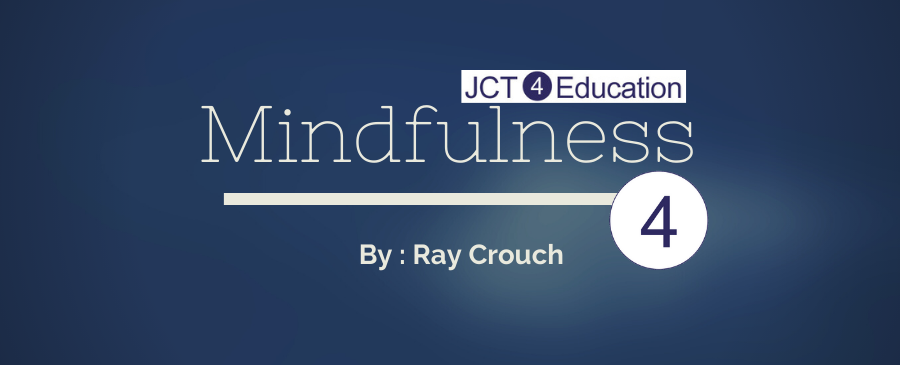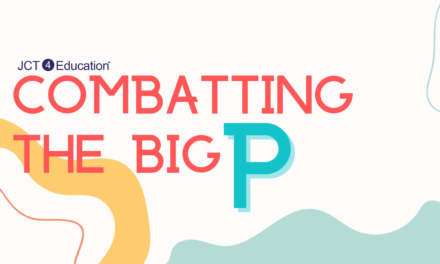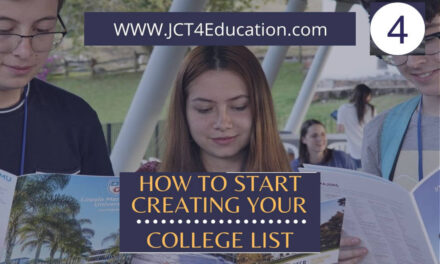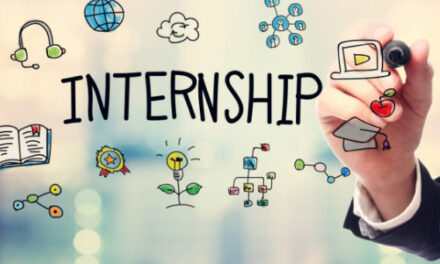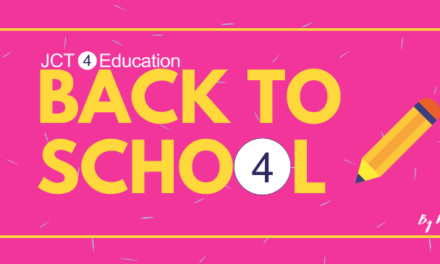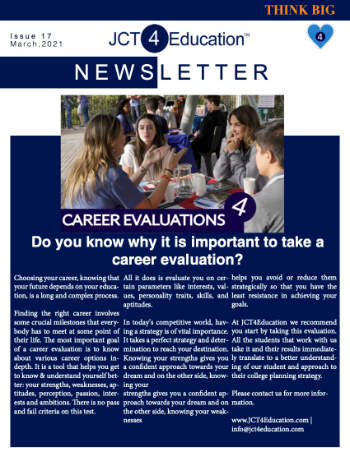I have a question for the teenagers out there. As a high school student, when was the last time in recent memory you didn’t have your parents, teachers, or other authority figures directing you to where you needed to be at all times of the day? Take the bus or drive to school, then from class to class. Maybe you might normally play a sport or have an extracurricular to attend afterschool as well. And after a long day and scarfed-down dinner, there’s still homework to do! So, shouldn’t it feel like a sudden relief to not have to be shuffled everywhere, nor have to keep track of everything??
In fact, students and others are not alone in feeling at times that our new quarantine reality may feel more like prison than paradise. It can no doubt feel stressful and anxiety-inducing when it seems that all the world can talk or think about is COVID-19, and all we can do is keep social distance from one another. There have been a variety of ways that people have coped with the isolation and other rapid changes. Many have turned to humor to connect and stay in good spirits. Others are using their spare time stuck in one place to pick up that hobby they always wanted to start, or get inspired to try something new. To be sure, a lot of us are watching waayyy more Netflix than we need to!


However, what we might be less willing to admit is how much this new loneliness (and yes, being cooped up with your family for a month can still make you lonely!) might be taking a toll on our mental and physical health. We are hard-wired to be able to connect with others, move our bodies, and keep our brains stimulated. Whether you are a diehard introvert now enjoying the willing choice to keep away from people, or an extrovert who has gone stir-crazy being stuck in the house for this long, for all of us this has meant a drastic change to our routines, and spells a future moving forward where our lives will change forever.
In the meantime, it’s a good idea to get grounded and adapt, perhaps even thrive, within this temporary “normal.” The more you can find focus–in body, mind, and spirit–the more you will be able to respond creatively and aptly to the present moment.
Staying in the present sounds straightforward enough, but with the widespread fears, confusion, and continuous updates on this spreading pandemic, it can be hard to be with our current reality without being driven to anxiety or succumbing to the pervasive panic. Research suggests that putting people in isolating situations like the quarantines we’re all enduring can elicit long-term psychological symptoms similar to depression and PTSD. To bring this back to our high schoolers, all of whom in some ways are taking the steps to form their adult futures, this is the first real crisis in their lifetimes that has indiscriminately come knocking to every person’s doorstep.
How can we each lean fully into these challenges with openness and grace? Each one of us has a choice now to step into a mindful experience of our day-to-days. In its simplest definition, mindfulness is the ability to “sit with what is.” Stepping into life, without jumping to reaction, judgement, or rejection. Nor is mindfulness a passive or avoidant drive in the opposite direction: not allowing any emotion at all to paint the situation, or simply wishing things away. Mindfulness is the powerful courage to face life in its fullness, nuance, and complexity.
We are all undergoing a rare reset for humanity, a pause on the modern “machine” we’ve set in motion long ago, and which seemed to have no signs of stopping. That kind of growing pain or gear shift will inevitably bring some discomfort. Why not also give yourself a chance to reset, and take a graceful trust fall into our Brave New World, meeting daunting, yet exhilarating new unknowns? And before it might seem that I’m asking you to abandon any sense of meaning or order in life, I offer some suggestions that available to anyone to come more into center and grasp this elusive mind-full-ness:
Exercise. Move your Body
Many of us have been sitting around for days, ranging between restlessness and sluggishness. But our bodies are our most powerful bio-computers, our mainframes and processors. They’re our personal temples and deepest sources of wisdom into ourselves. To phrase this a little less esoterically, our bodies streamline a wide-range of automatic functions for us, using chemicals and transmitters to help you laugh at a friend’s joke, bring focus to a task, and listen to your stomach when it asks you to enjoy a delicious meal.
In the present stuckness, you may also feel more inertia in your body, and that flow that allows you to do things seamlessly may not be coming as easily. And it’s then a domino process–a cinch in the body induces stress, which triggers the mind to respond, which brings thoughts and emotions off course, which over time beleaguers the spirit. But physical movement releases chemicals that restore and elevate mood. It untangles stress and re-routes energy to noticing again. Notice yourself in space. Notice those feelings that had felt ambiguous slowly releasing. Work out deeply enough, and enter into an open, aware state. Many trainers are graciously offering home exercise routines. I personally like to move spontaneously, dancing to a 5rhythms track. Or I’ll employ movements that focus on my energy, starting my day with qi gong.
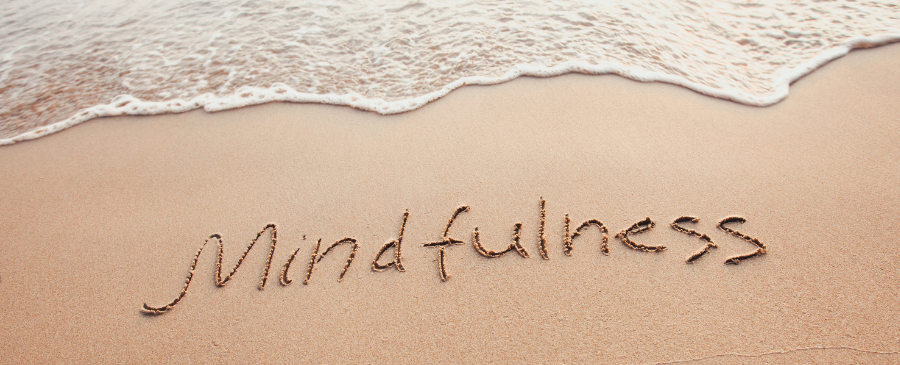
Learn to Meditate. Simply Breathe
It would take a whole other article to go into the benefits of meditation! But to enumerate briefly, a meditative practice of watching the mind or breathe addresses every single one of the health and mind-related issues we’ve gone over. And, there’s one big plus to this practice that cannot be understated. Meditative arts help cultivate compassion. And I say this with none of the New-Agey, Buddha-aimed ambitions for Enlightenment. An admirable goal of course, but at a practical level we all have plainly unenlightened difficulties to get through each day (read: toilet paper shortages!), as well as possible suffering we still experience in our own paths to growth. In meditation, the first person a practitioner finds compassion for is themself. At any scale of experience, when we come into concentrated connection with our thoughts, we can begin to see them simply, lucidly, and without judgement. We can start to understand their patterns, grow accustomed to and even welcome the strange mental dances our habitual thoughts can bring us to. Most importantly, we create space in ourselves to change, by deciding to choose new thoughts to think. New thoughts, which direct who we become.
If you don’t believe me, try this very simple breathing meditation, and see if you feel any different:
- Get into a comfortable, seated position (rather than lying down, which might make you sleepy).
- Breathe deeply from your belly, not your chest, and through your nose if you can. This way of breathing will start to relax you.
- Soften your gaze, and as you continue breathing, start to notice what thoughts arise. Don’t try to analyze or get rid of them; simply stay focused on your breath.
- Try this exercise for 5 minutes. 10 minutes if you’re busy 😉 Come back into the moment of your day when you’re ready.
If you did feel so compelled by whatever came up, you can keep a notebook nearby to jot down anything of interest. But congratulations! In those 5 or 10 minutes, you took the time in your busy life to step out of typical thought loops, and step into gently being with the moment.
Stay Connected and Communicate
If you’re someone who might struggle to commit to these actions, just know that you don’t have to go through any struggle alone. If nothing else, don’t let this distance mean that you disconnect from friends and loved ones. Communities have found creative ways to host virtual reunions. Families check in now over Zoom more than they might have in person. The virus, in a strange and beautiful way, has given us cause not to take each other for granted. There is a subtly new dimension to how we will all keep in touch and grow together from this. I hope that these unexpected times unleash for all of us an equally unforeseen catalyst for self-discovery. In the chaos and in the stillness, there is always the chance to abide in inner peace. We can always consciously attend to something new and even transformational for ourselves. May COVID, if nothing else, make us mindful of that opportunity.



